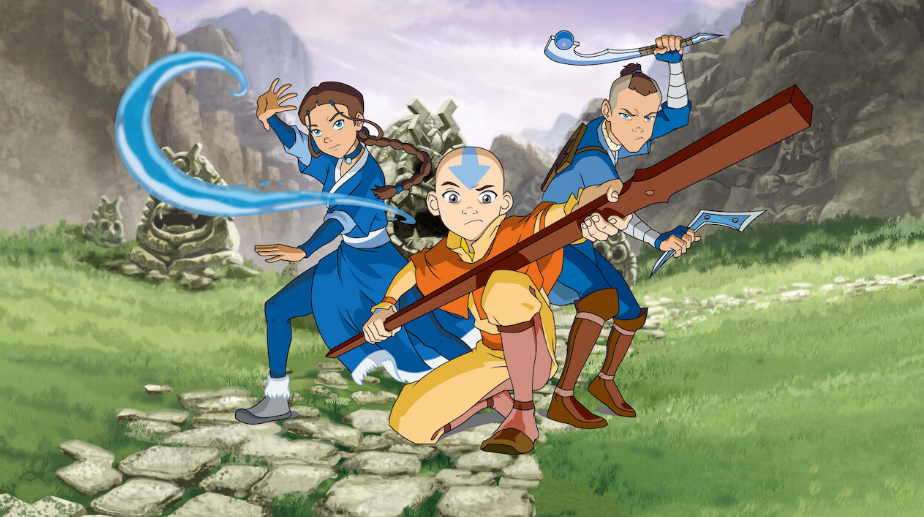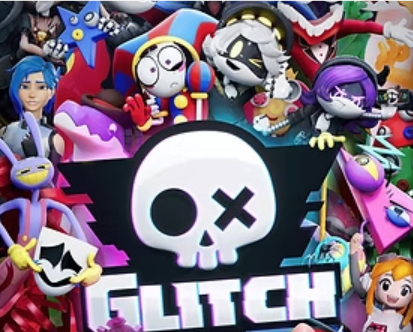Nickelodeon’s 2005 hit animated series, Avatar: The Last Airbender, is one of the best television shows I have ever seen. There’s a lot of hype surrounding this show, but I was really reluctant to watch it since it was produced on a kid’s channel. Though after watching the first few episodes, I quickly realized that it deserves the attention. Avatar is set in a world divided by the natural elements: air, water, earth, and fire. Half of the population of each elemental nation are labeled ¨benders¨, born with the ability to manipulate their given element, but only the avatar can control all four elements, keeping peace between the nations and the spirit world. After death, the avatar’s spirit is reincarnated, reborn into the next element in the cycle. In recent years, the fire nation has declared war against the other nations, and to prevent the avatar from stopping their reign of terror, they exterminate the air nation as it’s indicated to next raise the avatar. Only one airbender remains, and it’s up to Avatar Aang, along with his best friends and flying companion, to master all four elements before a comet fueling the fire lord’s power flies overhead Earth.
The series’ world building is its greatest aspect which truly sets it apart from other animations. The setting is properly established within the first few episodes, and as the show progresses, it is further expanded by the character’s new discoveries. Avatar: The Last Airbender does an excellent job exhibiting propaganda, tribal discrimination, and cultural conflicts within a war-filled environment. Zuko, son of the fire lord, is a character that really stands out above all with such a complex character backstory, feelings, and development. He struggles to find himself as prince of the fire nation who happens to be opposed to war and is consequently tasked with capturing the avatar in order to restore his honor. Later in the series he demonstrates one of the best written character redemption arcs across all media, exploring many mature themes and inner conflicts, including guilt, integrity, shame, and violence. Viewers are given another perspective as his sister Azula the firebending prodigy has fallen victim to fire nation propaganda and loses all sense of what is right and wrong. The complexity of the villains reveals flaws within our own society and their tragic storylines make it hard for them to be considered “bad guys”. If Zuko or Azula do not appeal to you, you’ll have no trouble finding a character that speaks to you; each character is given their own backstory, personality, and inner conflicts, and the audience is able explore each of their lives. There’s a character or a plotline that any view can relate to, for they’re all different.
Although I agree with calling Avatar: The Last Airbender “peak fiction”, everything has its flaws, even if it might be harder to recognize them. The show gets progressively better with each season, but there are just a couple of episodes that could be considered filler as they don’t directly contribute to the plot. Additionally, there are a few small plot holes opened up by concepts that were not property explained. These were purposely conceived in order to force viewers to watch the sequel, The Legend of Korra or read the comic books that follow to answer these questions.
With all things considered, the cons are outweighed by the pros, and this series deserves the attention it has been given. With the recent release of its live-action version, this amazing show has had an increase of viewers and fans. If I were to rate Avatar: The Last Airbender, it would receive five out of five stars because it fulfilled and surpassed all my expectations; it is better than I would have ever imagined! The show is so entertaining, interesting, and ties into global and historical issues. Anyone, no matter their age, would enjoy watching this series because there is a part that anyone can enjoy. I have rewatched it multiple times and have yet to get sick of it, so give Avatar: The Last Airbender a shot.








